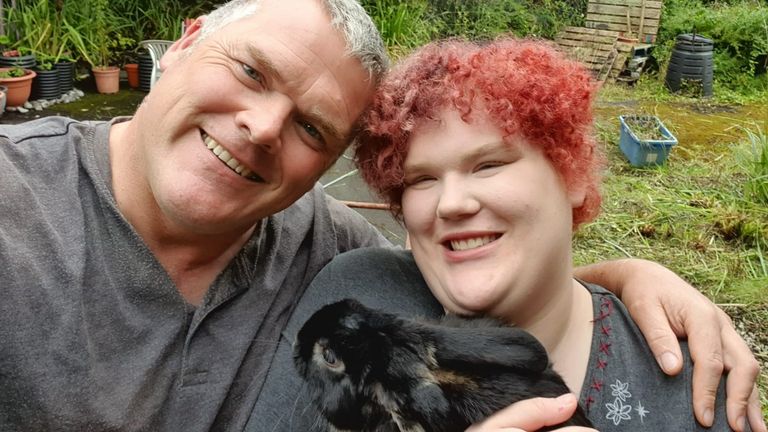People with autism suffer ‘inhumane’ treatment in specialist hospitals, report finds
Too many people with learning disabilities or autism are receiving “undignified and inhumane care” in specialist hospitals, the care regulator has found.
Some patients were not able to access fresh air or go to the toilet at certain times and the regulator concluded that it couldn’t be confident that patients’ “human rights are upheld” or that people were being supported to live “fulfilling lives”.
The report by the Care Quality Commission (CQC) looked at the use of seclusion, segregation and restraint in specialist units and mental health hospitals on people with a learning disability or autism.
They found the length of time that people spent in long-term segregation ranged from three days to 13 years.
The report makes a series of recommendations to change the “national system”, including increasing community support to ensure people are not admitted to hospitals. It also calls for “ministerial ownership” to ensure changes are implemented.
Dr Kevin Cleary, deputy chief inspector of hospitals and lead for mental health, said seclusion and restraint should be “only used in extreme cases”.
He said: “During our review we saw people receiving poor care in unsuitable noisy and chaotic ward environments, undoubtedly causing them distress.
“We saw too many examples where people were subject to unnecessary restrictions and examples of people’s human rights at risk of being breached”.
The CQC visited wards for people with a learning disability or autism, and specialist child and adolescent mental health wards, as well as speaking to people who had been subjected to restraint and seclusion.
One woman describes how she was “restrained 97 times and secluded 17 times”.
In another example, ward staff stopped the mother of one 24-year-old in long-term segregation from visiting for five months, prevented the patient from using the toilet on occasion, and left her in pain for months after her arm was injured.
In some cases, people in seclusion were not allowed to wear their own clothes or have access to toilet paper and toiletries.
The report also highlighted the story of Bethany, who experienced long-term segregation and described how on some occasions “handcuffs and leg straps” and a “spit hood” were used to restrain her.
Bethany’s dad recently told Sky News that she has now been moved to bespoke care, saying that she is now with “the right people in the right place, the right environment, supporting her in the right way”.
Edel Harris, chief executive of the learning disability charity Mencap described the findings as “shocking but sadly not surprising”.
She said: “People deserve to live in homes, not hospitals. The government, NHS England and local authorities must urgently act on the recommendations of this report.”
In response to the CQC’s findings, an NHS England spokesperson said that support for people with a learning disability or autism is a priority and the number of people in these units has reduced.
They added: “The NHS has funded a restrictive practice programme led by the Royal College of Psychiatrists which has already resulted in the reduction of physical restraint and seclusion.”
The review was ordered by the Health Secretary in 2018 following concerns over the high use of restraint and seclusions and after a Sky News investigation which found that 40 people had died over three years whilst held in these units.
Source: Read Full Article



